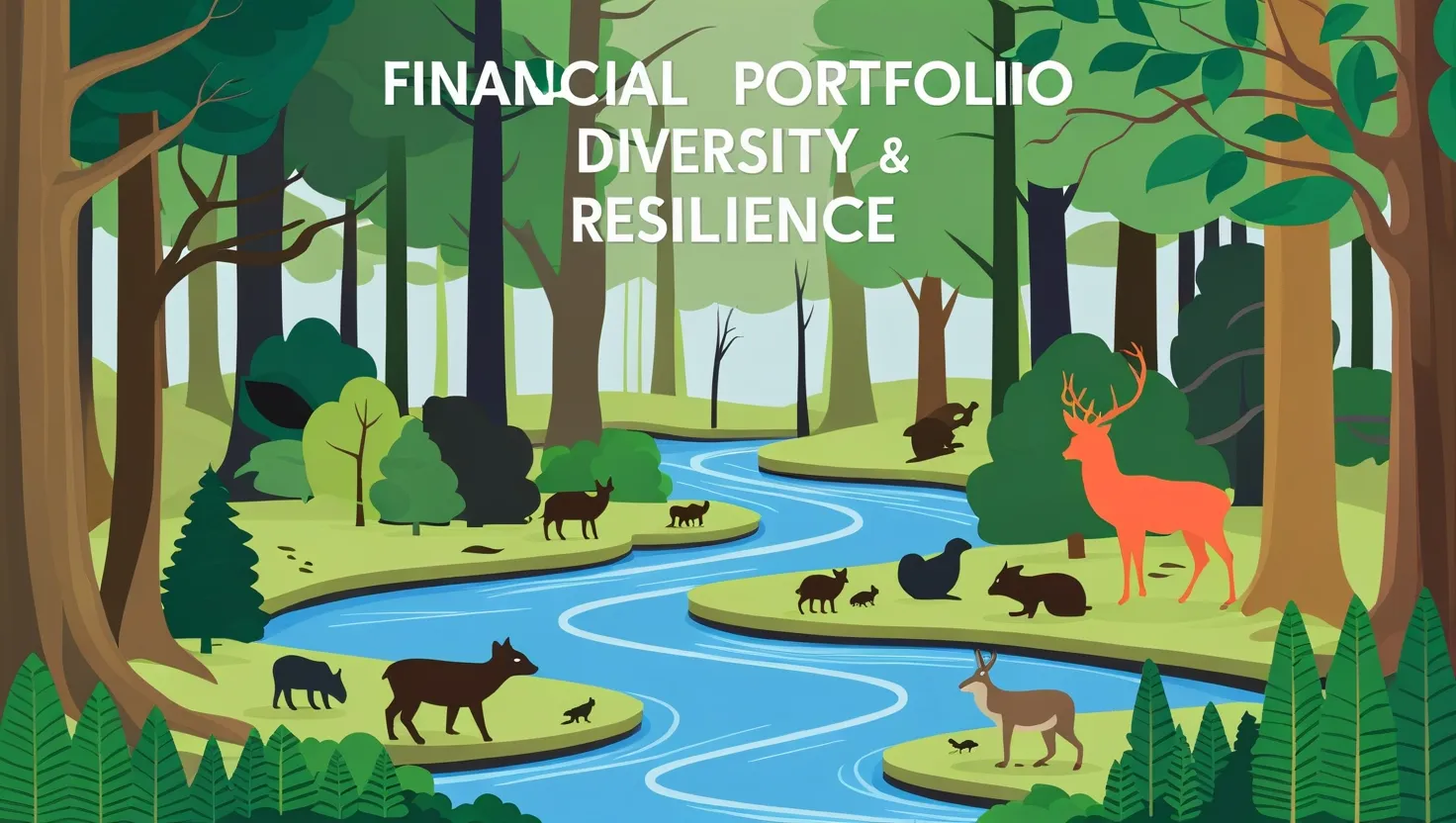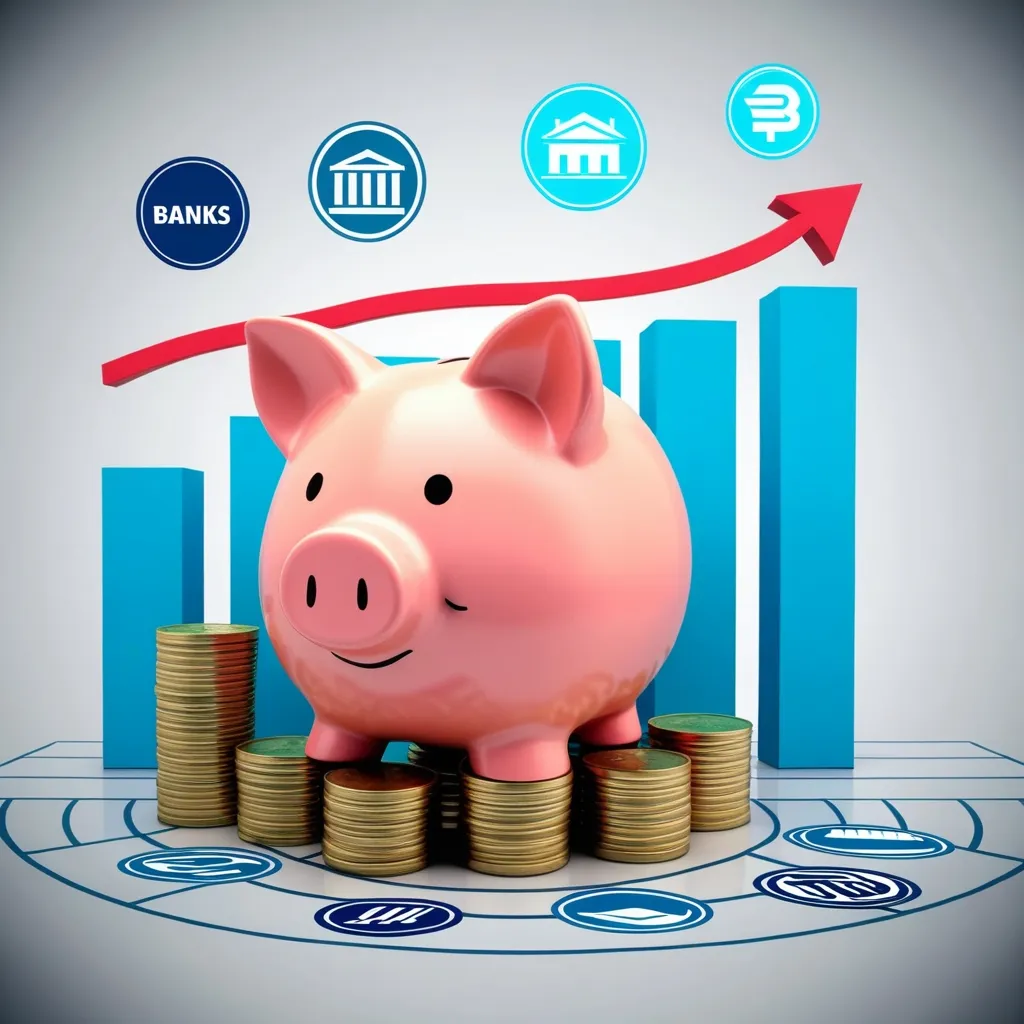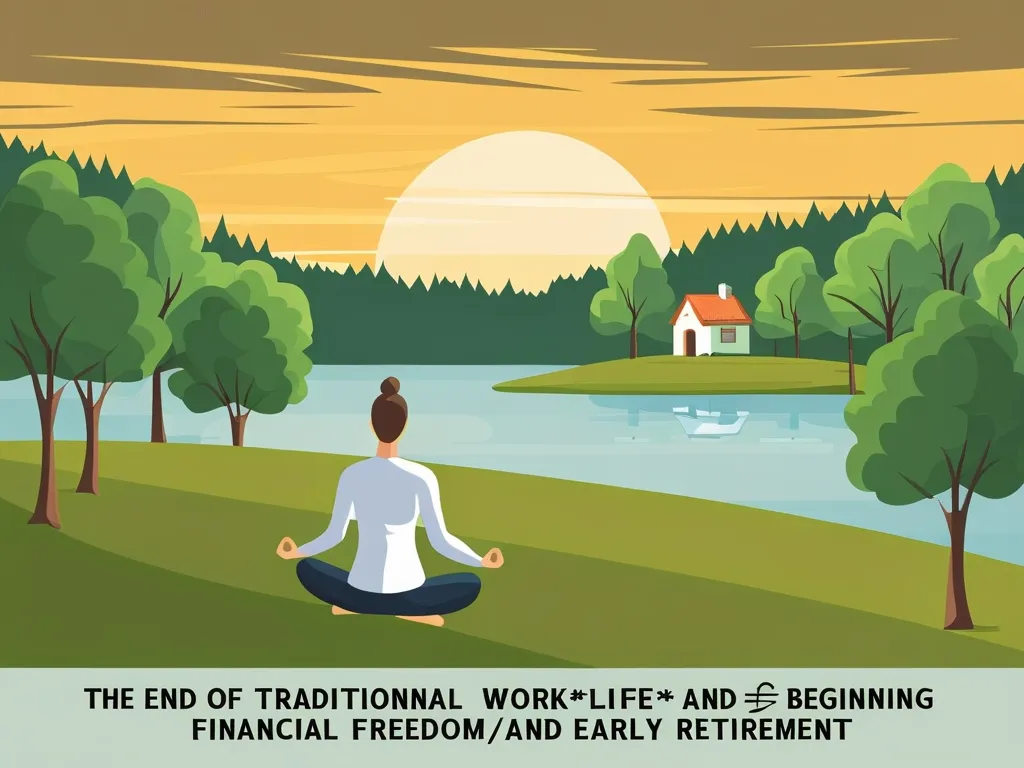Education: The Key to Bridging Economic Inequality
We’ve all heard the phrase “education is the great equalizer,” but is it really true? Can education truly bridge the economic gap that’s been widening in our society? Let’s dive into this and see how education might just be the superhero we need to tackle economic inequality.
First off, let’s talk about the power of that high school diploma. It’s not just a piece of paper, folks. It’s like a shield against unemployment and a ticket to better earnings. Picture this: without a high school diploma, you’re looking at an unemployment rate of nearly 12%. But with that diploma in hand? It drops to 9%. And when it comes to your paycheck, high school grads are bringing home about $781 a week, while those without are stuck at $619. That’s a pretty big difference when you’re trying to make ends meet.
But here’s the kicker - education starts making a difference way before high school. Remember those preschool days? Turns out, they’re not just about finger painting and nap time. Kids who go to preschool are setting themselves up for success. They’re more likely to do well in school, develop better social skills, and even land better jobs down the road. It’s like giving them a head start in the race of life.
Now, let’s talk college. I know, I know, student loans are scary. But hear me out. College grads are making some serious dough over their lifetime - we’re talking $2.3 million on average. Compare that to $1.3 million for high school grads. That’s a million-dollar difference! And it’s not just about the money. College grads are less likely to be unemployed, more likely to live in nicer neighborhoods, and can afford better healthcare. It’s like a whole package deal of good stuff.
But here’s where things get a bit unfair. Not all schools are created equal. Schools in poorer areas often get the short end of the stick - less money, less experienced teachers, and lower graduation rates. It’s like a vicious cycle, keeping kids from disadvantaged backgrounds stuck in the same economic rut.
But don’t lose hope! Some states are stepping up to the plate. Take Utah, for example. They’re giving about 21% more funding to schools in low-income areas. And places like Massachusetts, Minnesota, and New Jersey? They’ve made similar changes and seen some pretty awesome results. More kids are graduating, and the gap between rich and poor students is shrinking. It’s like watching David take on Goliath - and winning!
Now, let’s talk about something that schools often overlook - financial literacy. We’re sending kids out into the world knowing algebra but clueless about how to manage their money. That’s like giving someone a car without teaching them how to drive! Personal finance courses can be game-changers, helping young adults make smart money decisions and build a solid financial future.
But education isn’t just about what happens in the classroom. Sometimes, it’s about getting kids to the classroom in the first place. That’s where supportive services come in. Things like healthcare, counseling, childcare, and transportation can make a huge difference. It’s like clearing the hurdles on the track so everyone has a fair shot at the race.
Here’s a mind-blowing fact: a kid’s ZIP code can often predict their chances of success. Crazy, right? Wealthier families can afford to live in areas with better schools, giving their kids a head start before they even set foot in a classroom. By the time these kids hit kindergarten, they’re already ahead of the game. It’s like they’re starting the race halfway to the finish line.
So, what can we do about it? Well, investing in early childhood education for all families is a good start. It’s like leveling the playing field right from the get-go.
But we can’t stop there. We need some serious policy changes. We’re talking more tuition assistance for low-income families, help with childcare and housing, and making sure kids are ready for college before they get there. And let’s not forget about the parents - they’re the first teachers a kid has. Policies that support parents, like paid leave and flexible work hours, can make a huge difference.
And here’s where you come in - community involvement is key. Programs that get parents and the community involved in education can create a stronger pipeline to success. It’s like building a support network that catches kids before they fall through the cracks.
Need some inspiration? Check out the YouthBuild Lake County program. They’re helping underserved young adults get the education and job training they need to achieve economic stability. It’s like watching real-life success stories unfold right before your eyes.
And remember those states that changed their school funding? Well, Massachusetts ended up with the number one education ranking in the nation. New Jersey? They’re crushing it in eighth-grade reading and math. These aren’t just feel-good stories - they’re proof that with the right investments and policies, we can create a more fair education system.
So, here’s the bottom line: education isn’t just about personal success. It’s about creating a fairer society for everyone. It’s the key that unlocks doors to better opportunities, no matter where you come from. By investing in education from preschool through college, we’re not just helping individuals - we’re building a stronger, more equitable society for all of us.
Think about it - a good education system is like a rising tide that lifts all boats. It doesn’t just help with economic inequality - it tackles political, racial, and judicial inequality too. It’s like the Swiss Army knife of social change.
So, the next time someone asks if education can really bridge the economic gap, you can tell them: “Heck yeah, it can!” It’s not just about book smarts - it’s about giving everyone a fair shot at success. And that’s something worth fighting for.






